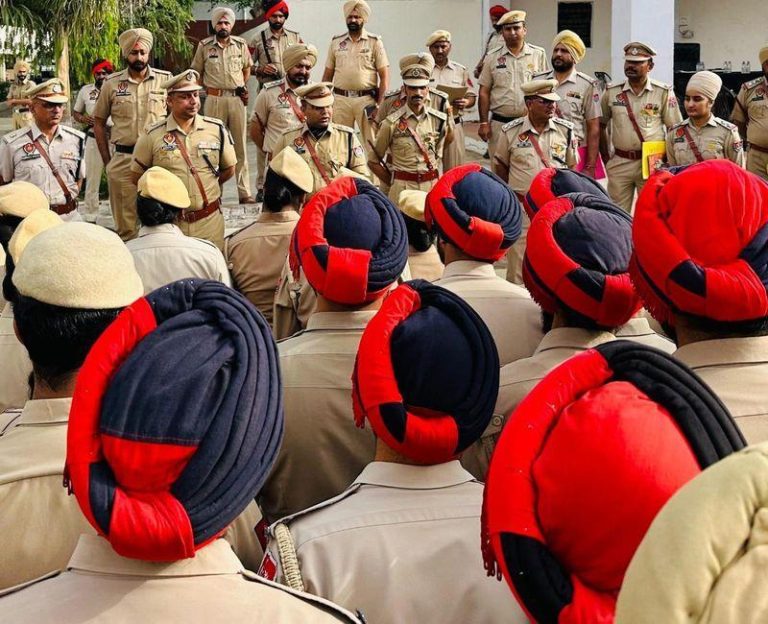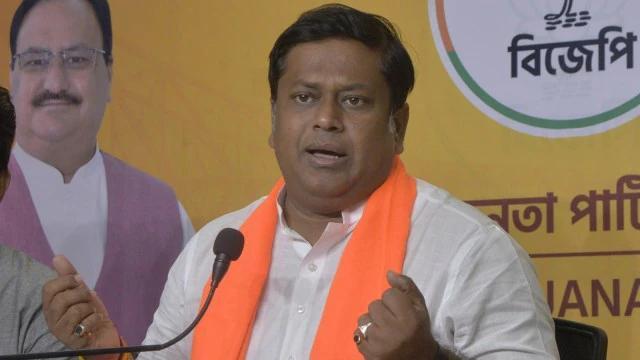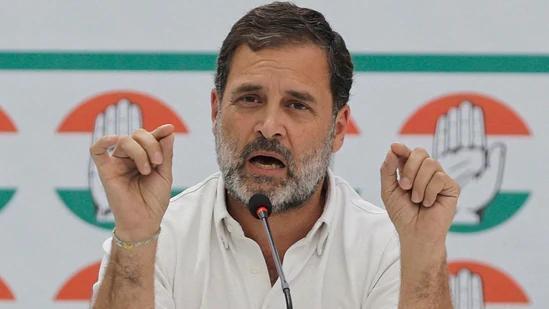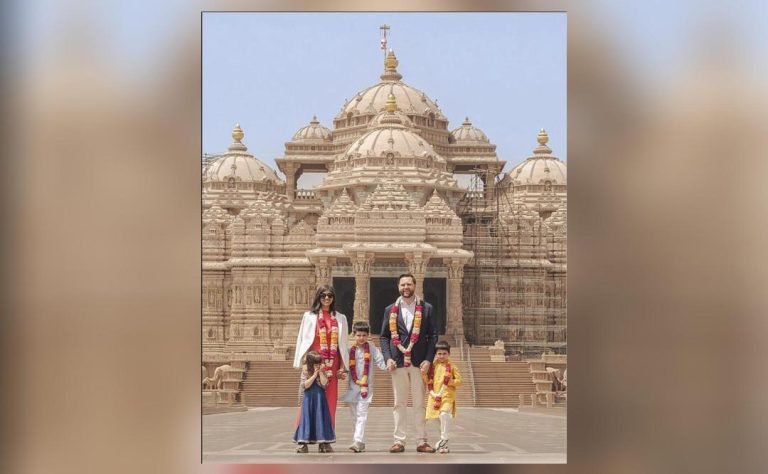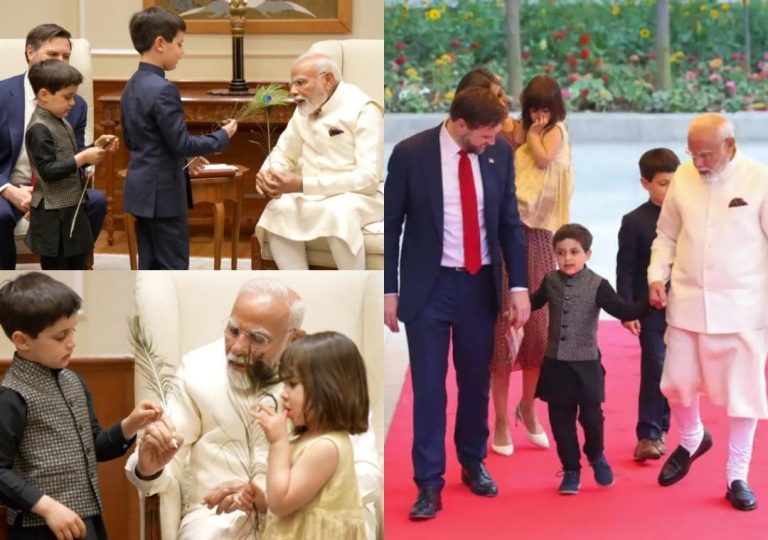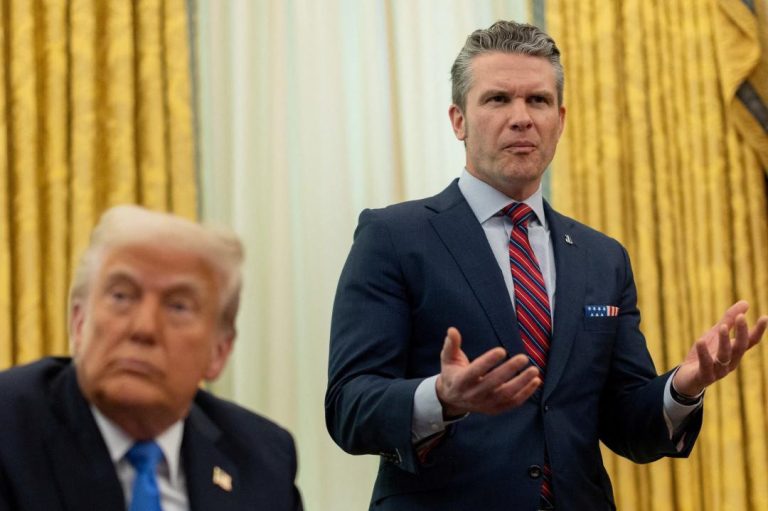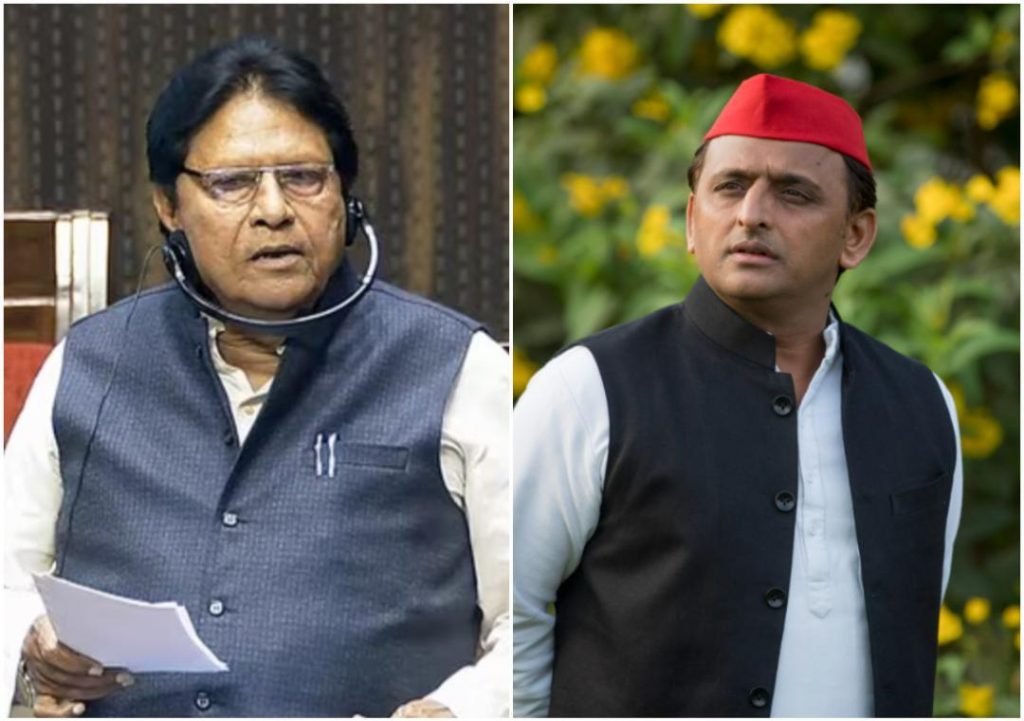
Akhilesh Defends SP MP Suman over Remark on Rana Sanga; BJP Reacts
In a recent controversy, Samajwadi Party (SP) chief Akhilesh Yadav has come to the defense of his party’s Rajya Sabha MP Ramji Lal Suman, who sparked outrage by calling Rajput king Rana Sanga a “traitor”. The remarks were made during a debate in the Rajya Sabha on the “Communal Violence Bill” and were widely criticized by the Bharatiya Janata Party (BJP) and other political parties.
Akhilesh Yadav, in his defense of Suman, stated that if the SP MP had referred to a page in history that contains certain facts, then what’s the issue? “We didn’t write history 200 years ago,” he said, implying that history is a record of past events and facts, and not a subjective interpretation.
However, the BJP was quick to react to Yadav’s remarks, claiming that they reflect the SP’s “anti-Hindu” mindset. Amit Malviya, the BJP’s IT cell head, took to Twitter to criticize Yadav’s defense of Suman, stating that the SP chief’s remarks are an attempt to justify the disrespect shown to a great historical figure like Rana Sanga.
Rana Sanga was a Rajput king who played a significant role in Indian history, particularly during the Battle of Khanwa in 1527, where he fought against the Mughal Empire. While some historians have criticized Sanga’s tactics in the battle, he is still revered as a hero by many in the Rajput community.
The controversy surrounding Suman’s remarks has sparked a heated debate in the political arena, with many political parties weighing in on the issue. The BJP, which has been critical of the SP’s remarks, has accused the party of disrespecting Hindu history and heritage. On the other hand, the SP has maintained that Suman’s comments were made in the context of a historical debate and do not reflect the party’s views on Rana Sanga or the Rajput community.
The controversy has also sparked a debate on the role of history in politics, with some arguing that historical facts should not be used to score political points. Others have argued that history is a subjective interpretation and that different perspectives can be used to shape one’s understanding of the past.
In conclusion, the controversy surrounding Suman’s remarks highlights the importance of responsible language and the need for political leaders to respect each other’s views, even if they disagree. As the debate continues, it is essential for political leaders to maintain a nuanced and balanced approach to history, avoiding both factual inaccuracies and personal attacks. Only by doing so can we create a more inclusive and respectful political discourse.
Source:
https://repository.inshorts.com/articles/en/PTI/533897ac-fe6e-4d22-ae20-3b6ef8fec1b2
